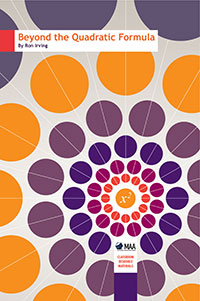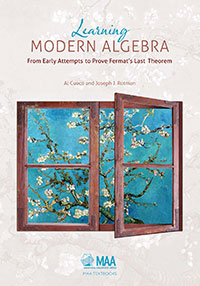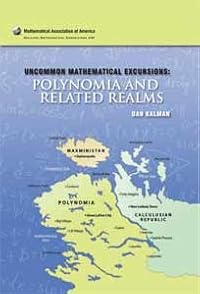"This short book recounts many specific true stories from my fifty-nine years of teaching that I believe cast some light on what is wrong with American education and perhaps some clues as to what might improve it." (p. 1)
This is an incisive yet readable critique of the American education system. Willoughby writes from the perspective of six decades of experience. He knows that the best way to persuade someone is to tell them a story. The author illustrates his points with anecdotes from his own experience and those of his colleagues.
Two things surprised me about this book. First, Willoughby's writing captures the teaching experience to perfection. I often found myself nodding with familiarity as I read. The second surprise is the humor. Willoughby writes with a dry, ironic sensibility that remains warm and inviting. Even when describing his frustrations he never descends into cynicism.
Willoughby breaks down the problem with our education system into three broad categories. Doing education right is a complex problem with a complex solution. He presents ways that we teachers can be part of that solution.
Read the full review here.




